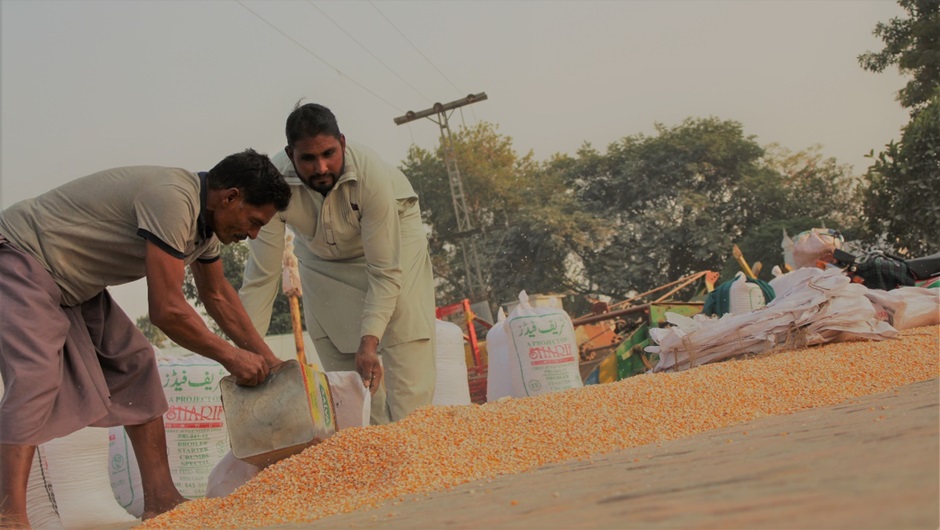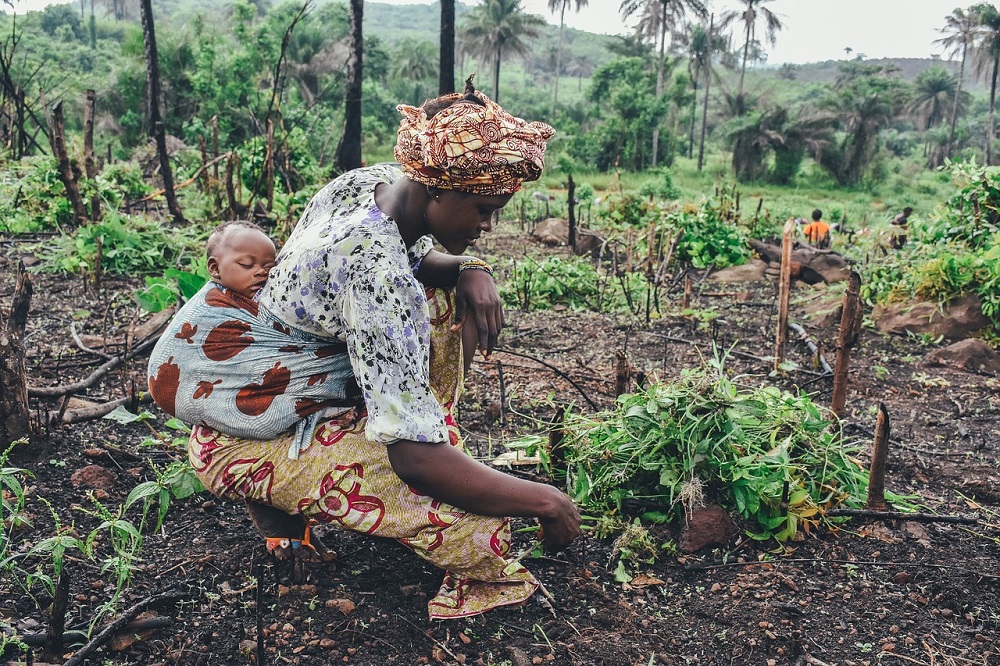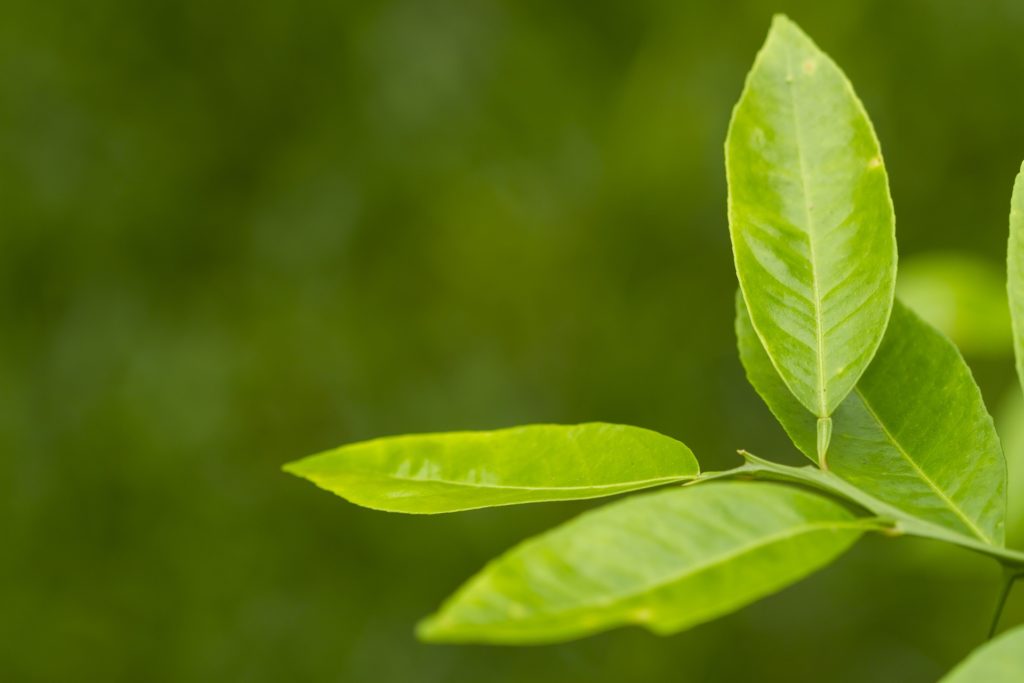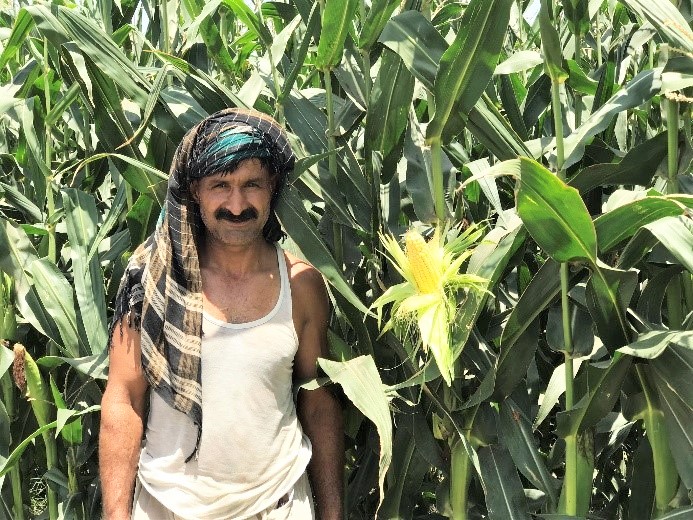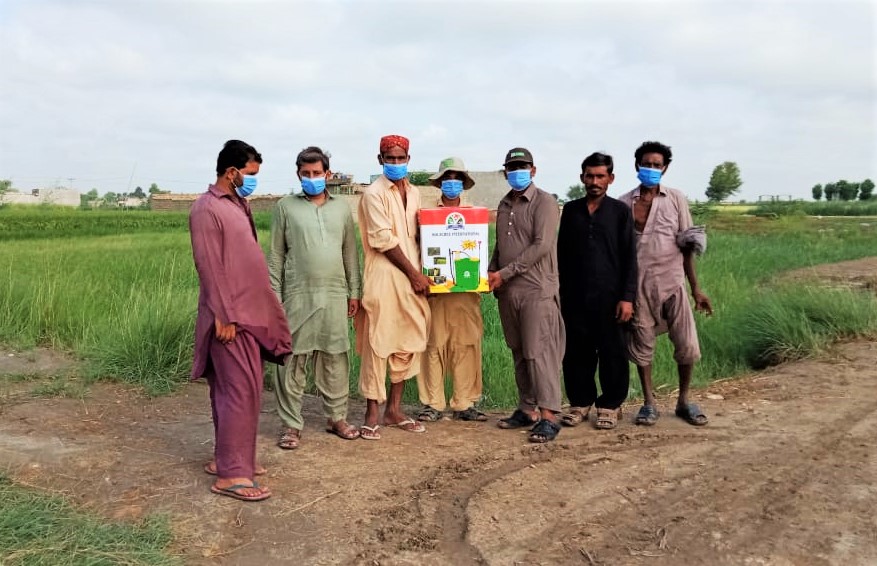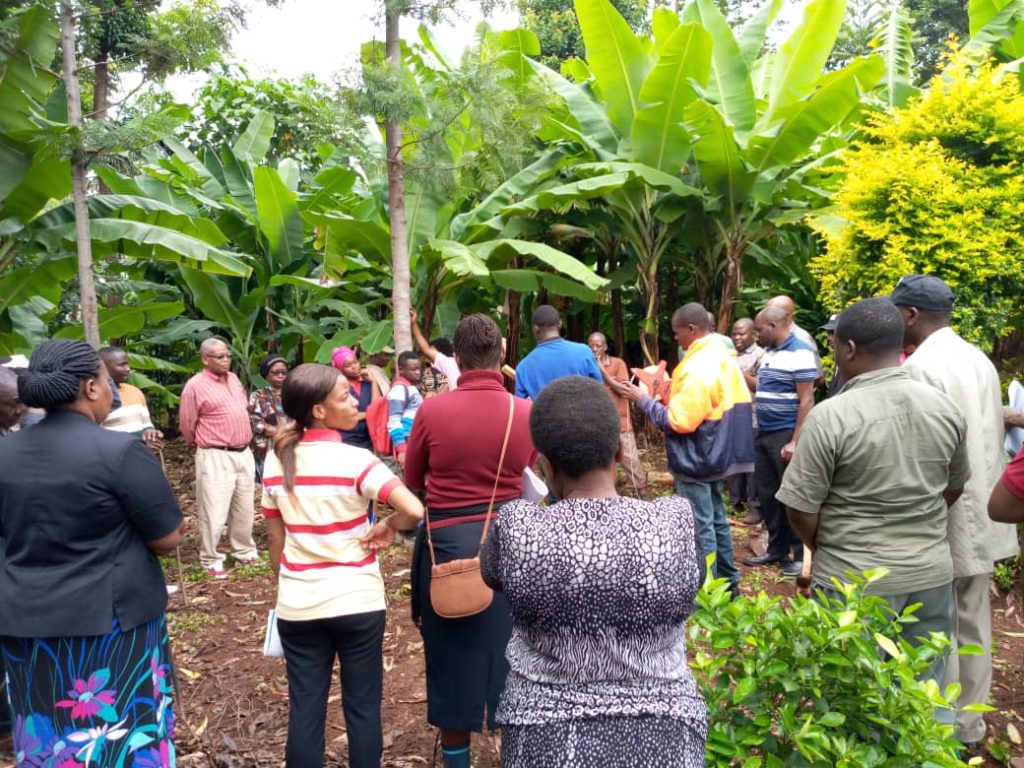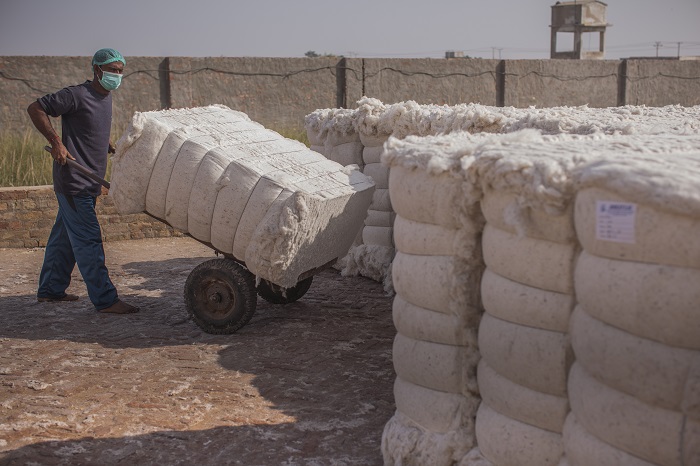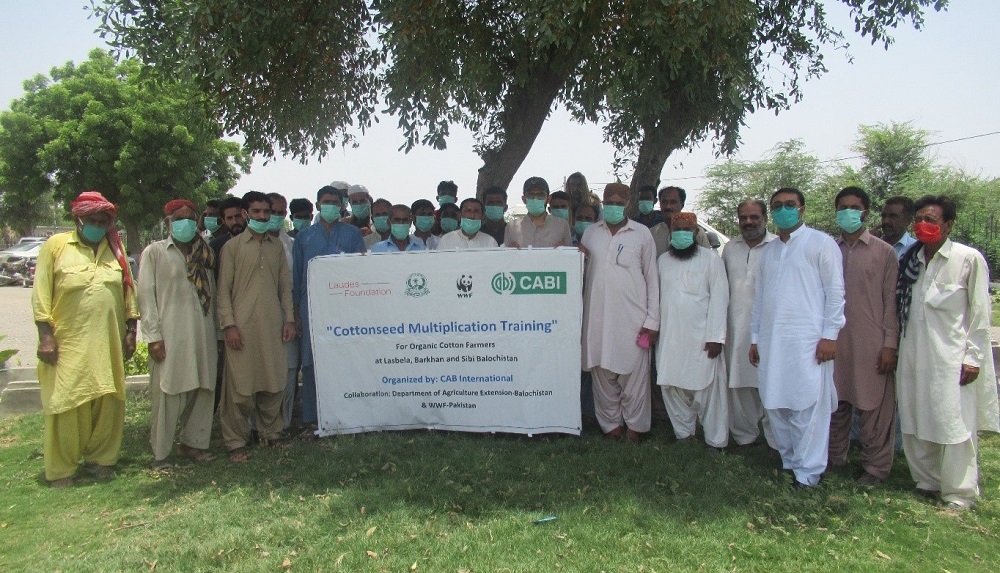Top 10 most downloaded CAB eBooks of 2020
For many students, 2020 was their most challenging yet – if not in terms of subject matter, then almost certainly in terms access to study materials. With many students working remotely, away from the convenience of campus and the university library, eBooks became more important than ever before. During the global pandemic, we saw the…
Soil Health – applications and opportunities for climate-smart farming, food security and environmental integrity
Poor soil fertility is a key constraint to improving farm productivity and farmer livelihoods in sub-Saharan Africa as it is elsewhere in the world. CABI has a long history of helping to improve the livelihoods of smallholder farmers through better access to practical information about integrated soil fertility management as part of the Africa Soil…
Boosting banana productivity in Tanzania: Farmer reaps rewards with up to three-fold increase
In Tanzania, where demand for bananas is high, banana farmers face the challenge of low productivity caused by pests and diseases and limited basic knowledge on banana management practices. The ‘Improving banana agronomy practices for small scale farmers in highland banana cropping systems East Africa’ project set a goal to raise banana productivity in Tanzania from 10mt/ha/yr to 25 mt/ha/year. The banana agronomy project which is led by National Agricultural Research Organisation (NARO) is implemented in partnership with Tanzania Agricultural Research Institute (TARI), Bioversity International, International Institute of Tropical Agriculture (IITA) and CABI is also operated in Uganda.


